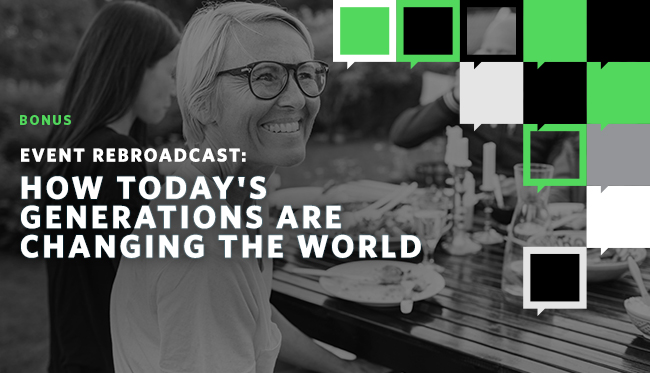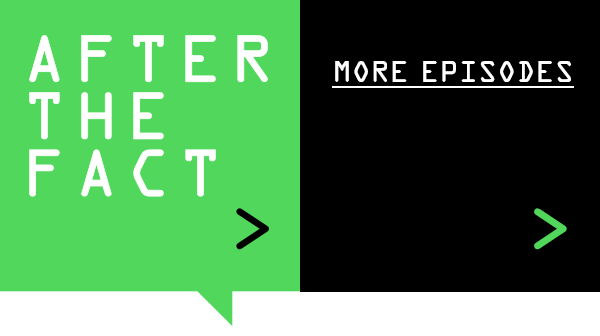Event Rebroadcast: How Today's Generations are Changing the World
Bonus episode

Subscribe: Apple Podcasts | Google Play | Stitcher | Download | Transcript | RSS | New to podcasts?
In this episode
Stat: By midcentury, there will be 2 billion elderly people in the world—and 2 billion young.
Story: For the first time there will be as many of each group—and together they’ll account for more than 40 percent of the world’s population. This will have deep implications for the labor supply, family structures and finances, demands on health and welfare services, housing, and more. In this episode, we hear a rebroadcast of a Pew event in London: “How Today’s Generations Are Changing the World.”
Related Resources
Ageing in the Twenty-First Century
Attitudes about Aging: A Global Perspective
Defining generations: Where Millennials end and post-Millennials begin
The Millennials Aren’t Kids Anymore
As the World Ages: When Older Populations Become the Majority
The Generation Gap in American Politics
Millennials are the largest generation in the U.S. labor force
How Millennials today compare with their grandparents 50 years ago












